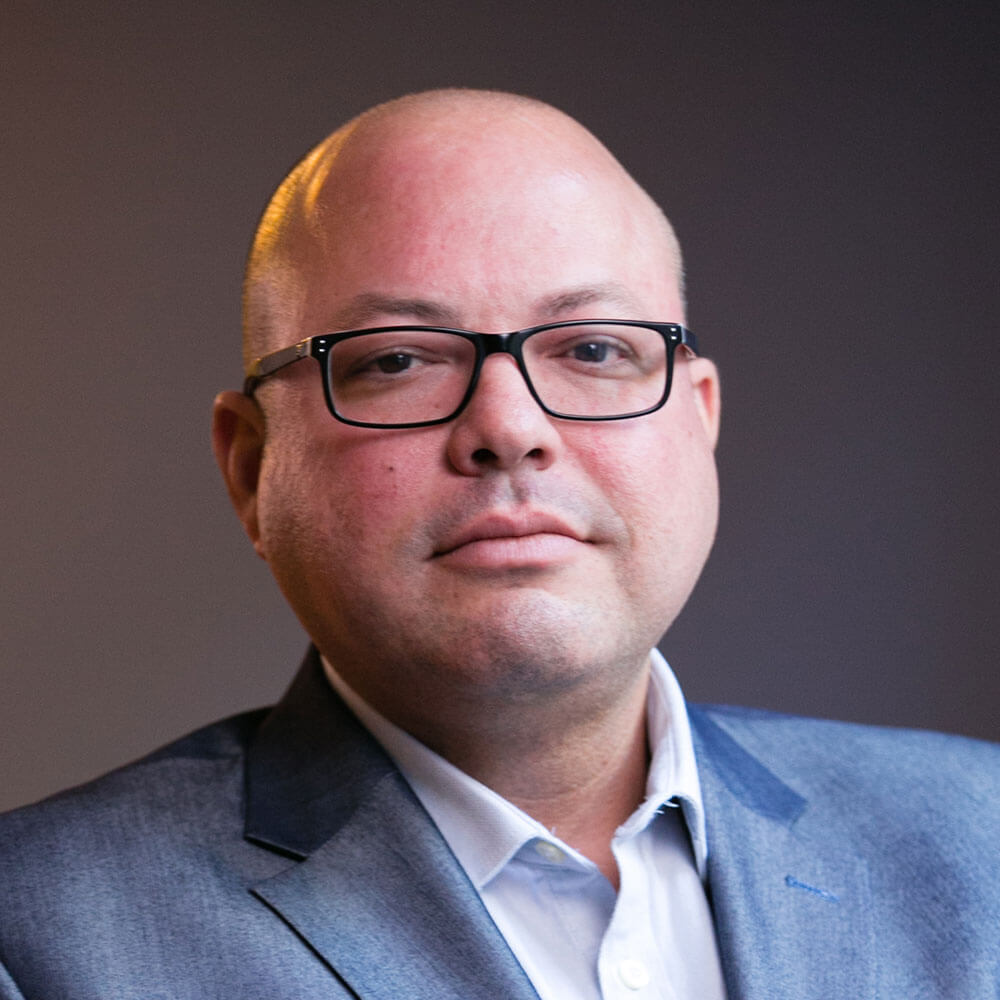Posted July 09, 2021
By Ray Blanco
George wants to talk
George Gilder is the most knowledgeable man in America when it comes to the future of technology and its impact on our lives. He’s an established investor, writer and economist with an uncanny ability to foresee how new breakthroughs will play out, years in advance.
In fact, during America’s last big tech boom of the late 1990s, Gilder was widely considered the best stock picker in the world.
George has big news to share very soon.
And he wants you to be the first to hear it.
See, for several years George and his team have been hard at work on a new project that is unlike anything else he’s done in his career.
That’s a big claim, I know.
For over half a century, George has been writing best-selling books, working with presidents and building a network of the smartest people in the tech world.
Caption: George was one of former President Ronald Reagan’s favorite authors.
He’s a founding partner at Peter Thiel’s 1517 Fund… his work has been praised by everyone from Bill Gates to Steve Forbes… and his track record of forecasting new technology is unrivaled (if the rumors are true, Steve Jobs gave execs at Apple a copy of Life After Television.)
But what he’s been working on behind the scenes these last few years could — he believes — be even bigger.
It’s the culmination of 55 years of hard work.
Recently, he flew down from his home in Massachusetts to our head office here in Baltimore to record a private message for you to explain what’s going on.
When I say “private,” I mean it.
There’ll be no press release, no big media event, no public announcement. George wants to sit down and explain what he’s doing to the people that value his work most — people like you.
So that’s what he’s doing. His message will hit your inbox at 2 p.m. EST this Monday, July 12.
I’m writing you today to give you an advance warning that it’s coming — so you don’t miss it.
To be clear: We’re not talking about a new technology prophecy, a new book or an exciting new stock recommendation here.
This is much bigger and more personal than any of that.
George will be in touch very soon to tell you more.
Look out for his messages.
And be sure to be free at 2 p.m. EST on Monday.
This is easily the most important message George will ever send you. (And as you’ll see, it could also be the most lucrative…)
Keep an eye on your inbox. You don’t want to miss this.
To a bright future,

Ray Blanco
Chief Technology Expert, Technology Profits Daily
AskRay@StPaulResearch.com
Conventional economic thought has long been dominated by zero-sum thinking.
In a zero-sum game, there is only one winner. Whoever doesn’t win, loses. It’s a binary game that mirrors the digital realm: 1 = winning and 0 = losing.
Fear and apathy are pervasive in zero-sum thinking. They are driven by the thought of losing.
Losing means you are out of the game and there is no hope of winning.
We see zero-sum thinking today taking front and center stage in discussions about AI and its role in society. In the AI game, intelligent machines win, and humanity loses.
The thought of intelligent machines displacing human jobs drives fear and apathy. These are played up in the media and in policy circles.
Gaming AI
What should we make of all of this discussion of AI as a zero-sum game — of AI destroying jobs and being a nemesis to society at large?
In my book Gaming AI, I note that the best, most complex and subtle analog computer remains the human brain. AI poses no threat to it whatsoever.
I was delighted to see chess grandmaster Garry Kasparov taking a similar stance in a recently published article in the Harvard Business Review.
You might recall Kasparov was defeated by IBM’s Deep Blue computer in a chess match back in 1997. At the time of the match, Kasparov was the reigning world champion.
Kasparov clearly appreciates the ability of computers like Deep Blue — machines that have grown more powerful over the past two decades.
As I recall in Gaming AI, five years ago in Seoul, Lee Sedol — an 18-time human champion of the game Go — was defeated by AlphaGo, a program created by Google’s DeepMind division.
If machines can defeat great human minds such as Kasparov and Sedol at games such as chess and Go, surely the end is near for us mere mortals?
Kasparov doesn’t think so.
In the article titled “AI Should Augment Human Intelligence, Not Replace It,” he and co-author David De Cremer note the question of whether AI will replace human workers assumes that AI and humans have the same qualities and abilities.
In reality, they don’t.
And that is a crucial fact. One that I tried to drive home in Gaming AI.
The truth is, as Kasparov and De Cremer note, that AI-based machines are fast, more accurate and consistently rational. However — and importantly — they aren’t intuitive, emotional or culturally sensitive.
Say Kasparov and De Cremer:
Human abilities, however, are more expansive [than machines]. Contrary to AI abilities that are only responsive to the data available, humans have the ability to imagine, anticipate, feel and judge changing situations, which allows them to shift from short-term to long-term concerns. These abilities are unique to humans and do not require a steady flow of externally provided data to work, as is the case with artificial intelligence.
It is precisely these abilities that humans possess, and which make us effective relative to machines.
People recognize today’s advanced computers as intelligent because they have the potential to learn and make decisions based on the information they take in, say Kasparov and De Cremer.
While we may recognize that ability, it’s a decidedly different type of intelligence than what humans possess.
And that’s the key point. AI has competitive advantages over humans. And likewise, humans have advantages over AI.
Beyond Zero Sum
In thinking about the future, we need to always keep this in mind.
Zero-sum thinking is balderdash. It has no basis in reality. It should be cast out of economic thought for good.
The lessons from history tell us that we live not in a zero-sum society, but one in which human creativity — endowed by our omniscient and eternal Creator — leverages the advantages of machines to foster greater productivity and efficiencies.
Over time, rising productivity lifts living standards of great multitudes of human beings. The global landscape is littered with machinery, but hundreds of millions of human beings are living better today than the kings and queens of centuries past.
Machinery has its advantages, which humans have learned to leverage over the decades. There is no reason to expect humans not to find ways to leverage the advantage of the new generations of AI machines in the future.
And for the record, AI is artificial, but it is not intelligent today.
More on this unappreciated fact in a future Prophecy.
Regards,

George Gilder

